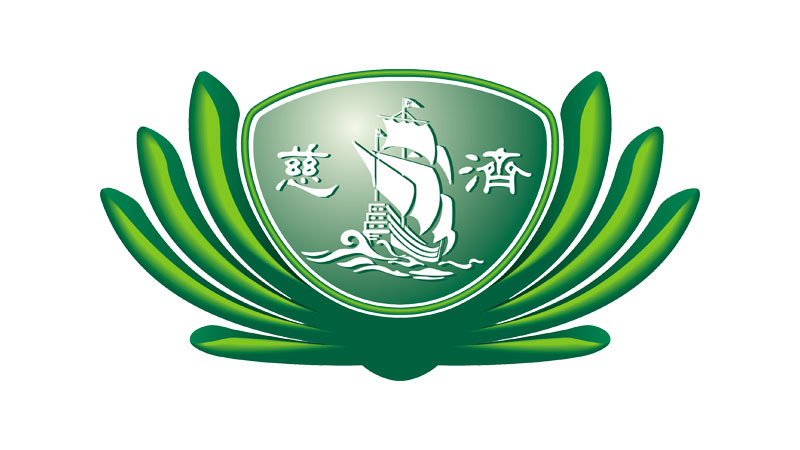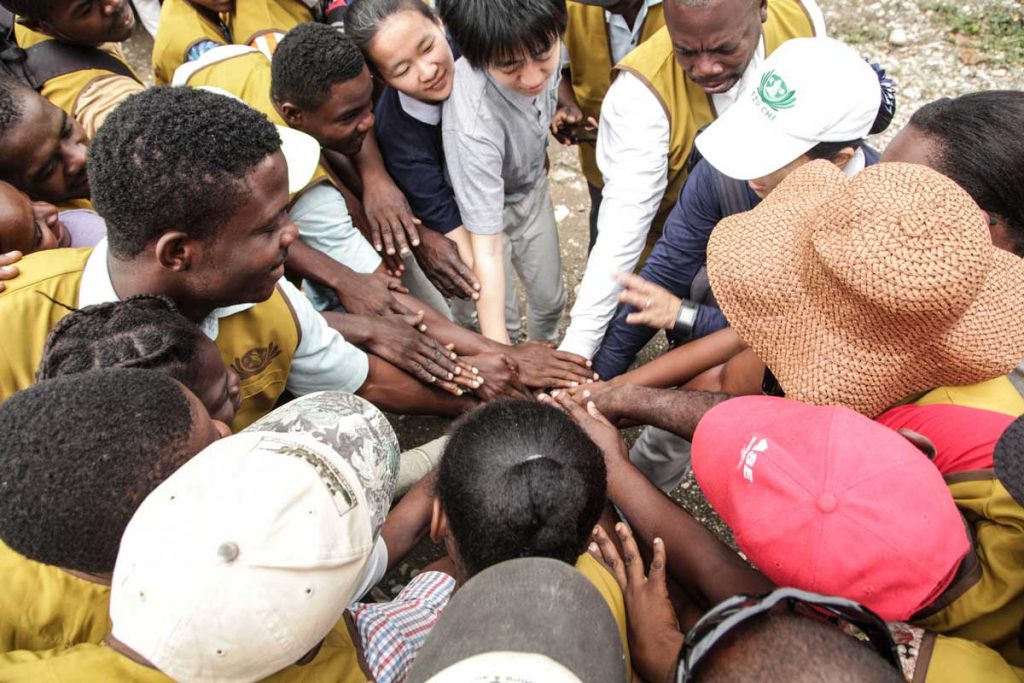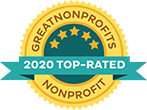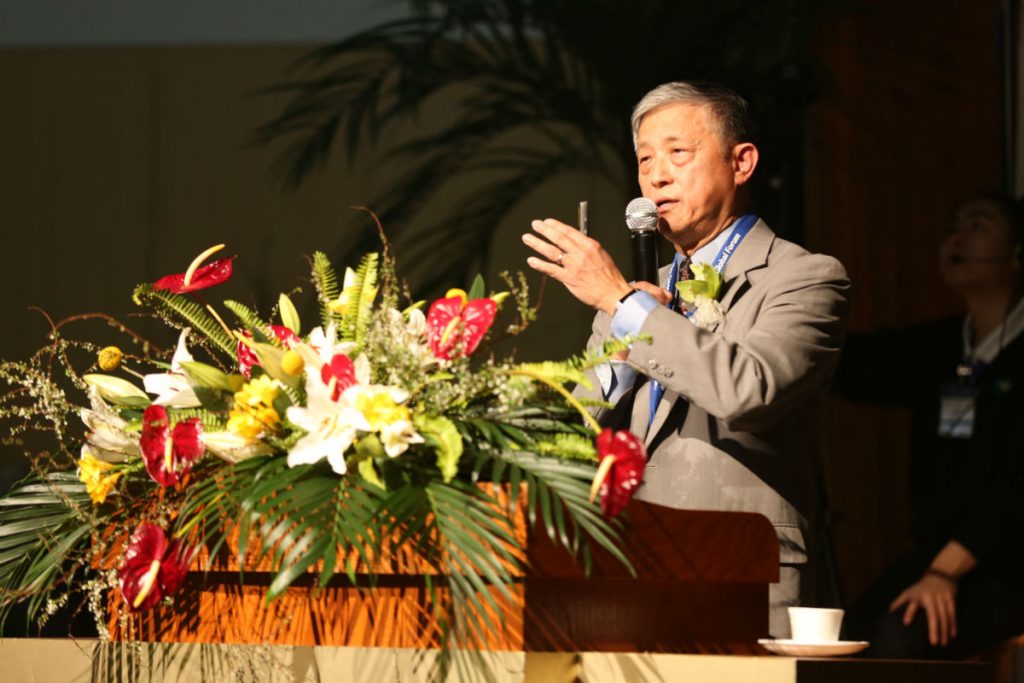
Author: Ida Eva Zielinska
Editor: Anik Ghose
The second day of the 2019 TIMA Global Forum, “Enlightened Wellness: Body, Mind, Spirit,” in San Dimas, CA on March 30, opened with a presentation by Dr. Ka Kit Hui, MD, FACP, who illuminated one of the central topics of this conference: The integration of the ancient wisdom and practice of traditional Chinese Medicine (TCM) within the modern Western medicine model that predominates around the world today. For Dr. Hui, who is the director of the UCLA Center for East-West Medicine that he founded in 1993 – one of the first integrative medicine centers in the United States – this mission is his life’s dream and work, and he is now a global leader in the field.
It all started when he asked himself years ago, “How do we integrate the two most commonly used [health care] traditions in the world to create something that can be a new model for practical medicine for years to come?” He took into account the successes of modern Western medicine, which has helped combat many diseases and increase life expectancy. He then considered how this biomedicine model, one that is hospital-based and focuses on acute and advanced stage crisis care, may not be sufficient to address the rise in chronic diseases that we face today, many resulting from unhealthy lifestyle choices.
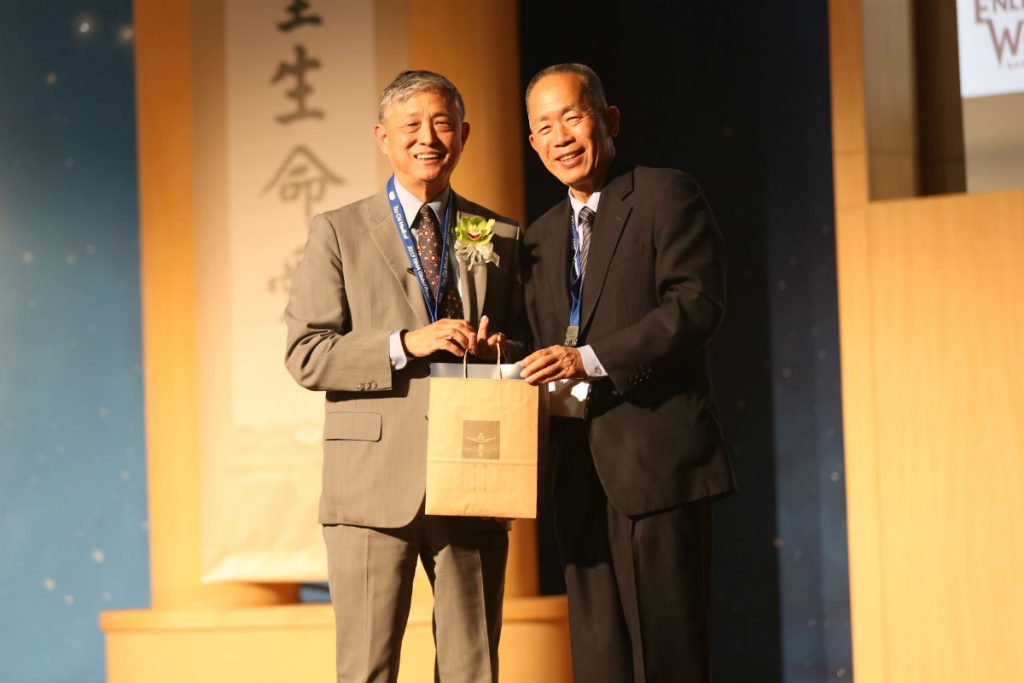
Perhaps this is where TCM can offer its strengths, in that it focuses more on the prevention of illness through the cultivation of wellness, and encourages self-care. The approach is less concerned with looking at the disease per se, and more at the person as a whole to try and identify the root of the problem. After all, what is health? Although there’s a lot of focus on physical aspects, psychosocial, mental, and spiritual aspects are important as well. Furthermore, “the whole is not just the patient,” Dr. Hui explained, so one must also look at their family, social environment, habits, and so on. Such in-depth questions during the diagnosis process are the norm in TCM.
The mission became to try to blend the best ingredients of the Eastern and Western medicine traditions to create a comprehensive model that can be “clinically useful, scientifically possible, socially attainable, financially solvent, and legally defensible.” The integrative East West medicine model that emerged is one that is well grounded in Western medicine, yet utilizes components of TCM such as acupuncture, acupressure, Tai Chi and Qi Gong, especially to manage pain and stress. The philosophy is that the body can heal itself, given the right care and conditions.
In our clinical model, self-care is very important – we educate a patient on how to eat, how to sleep better, how to rest and exercise, and then teach them some acupressure.
Dr. Ka Kit Hui, Director of the UCLA Center for East-West Medicine
The model is based on prevention, the belief that keeping people well starts at home, and that one must treat the body, mind and spirit. The goal is to make cultivating health a part of a person’s daily lifestyle. If one takes into the account the increasing cost of saving lives with Western medicine – an amount that can bankrupt families as well as nations – such self-care and prevention appears more as an imperative rather than a choice.
In the final analysis, Dr. Hui stated that patients are not really interested in whether the treatment is from the East or West since, “As far as the patient is concerned there is only one medicine: The one that keeps you well and healthy, and at the same time, that can make you better.” The integrative East West model that the UCLA center has developed and is sharing globally may be just the medicine they seek.
